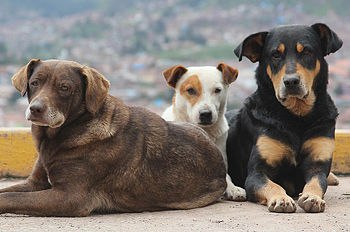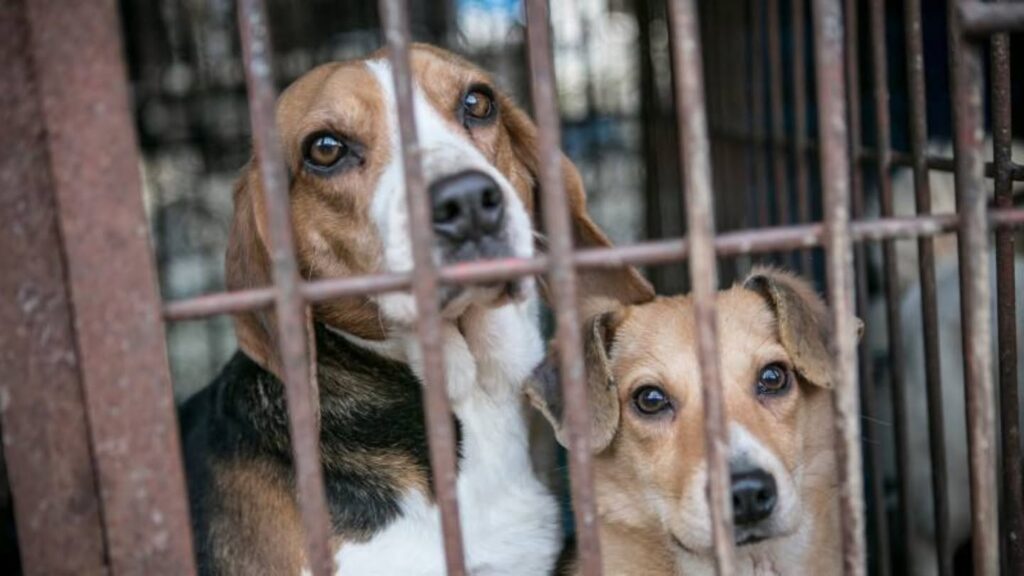Bishkek Continues Controversial Stray Dog Culling Amid Criticism and Lack of Resources
In 2024, Bishkek authorities received 158 citizen requests to capture and eliminate stray animals, all of which were fulfilled. According to official data, 14,378 stray dogs were captured and killed over the course of the year in the Kyrgyz capital. Despite longstanding regulations mandating humane treatment, sterilization, vaccination, and release, city officials cite a lack of resources and infrastructure as the reason for continuing the practice of mass culling. The current rules were approved by the Bishkek City Council in 2002. “There are no municipal shelters for stray animals in Bishkek,” the City Council stated in official documents. “As a result, the municipal enterprise Tazalyk is forced to shoot stray dogs.” Officials argue that ending the practice would require the construction of an animal shelter, but such a project is not accounted for in the city’s budget. “Around the world, animal shelters are usually established by charitable organizations and public foundations,” said First Deputy Mayor Mirlanbek Baigonchokov, defending the administration’s inaction. The mayor’s office noted that stray dog shootings were temporarily halted in 2021, but resumed following what it described as numerous public complaints. From 2015 to 2024, Bishkek health institutions registered 1,391 dog bite cases, 949 of which involved children. Tazalyk reports that it costs approximately 430 Kyrgyz soms (about $5) to eliminate a single stray dog. This cost covers one bullet, a disposal bag, the hunter’s salary, and a contribution to the Social Fund. However, animal welfare experts argue that culling is not only inhumane but ineffective. “Shooting does not work. In fact, the number of stray animals increases every year,” said Tazalyk Director Zholdosh Chushtukov. “We need a different approach. We propose mandatory sterilization and castration.”


